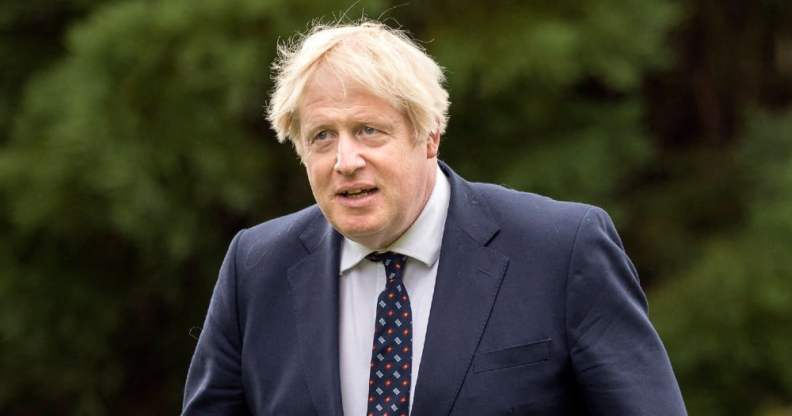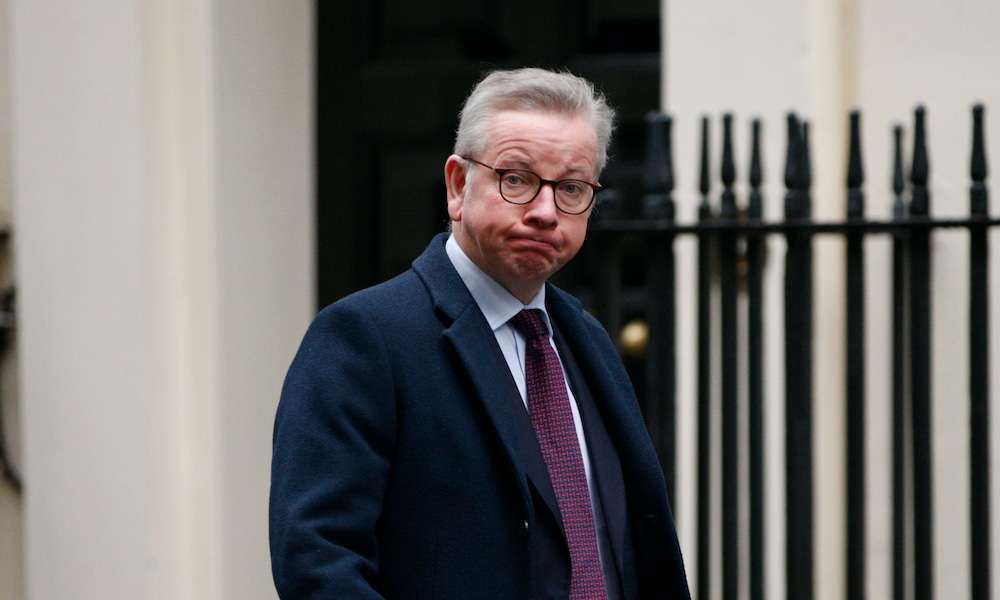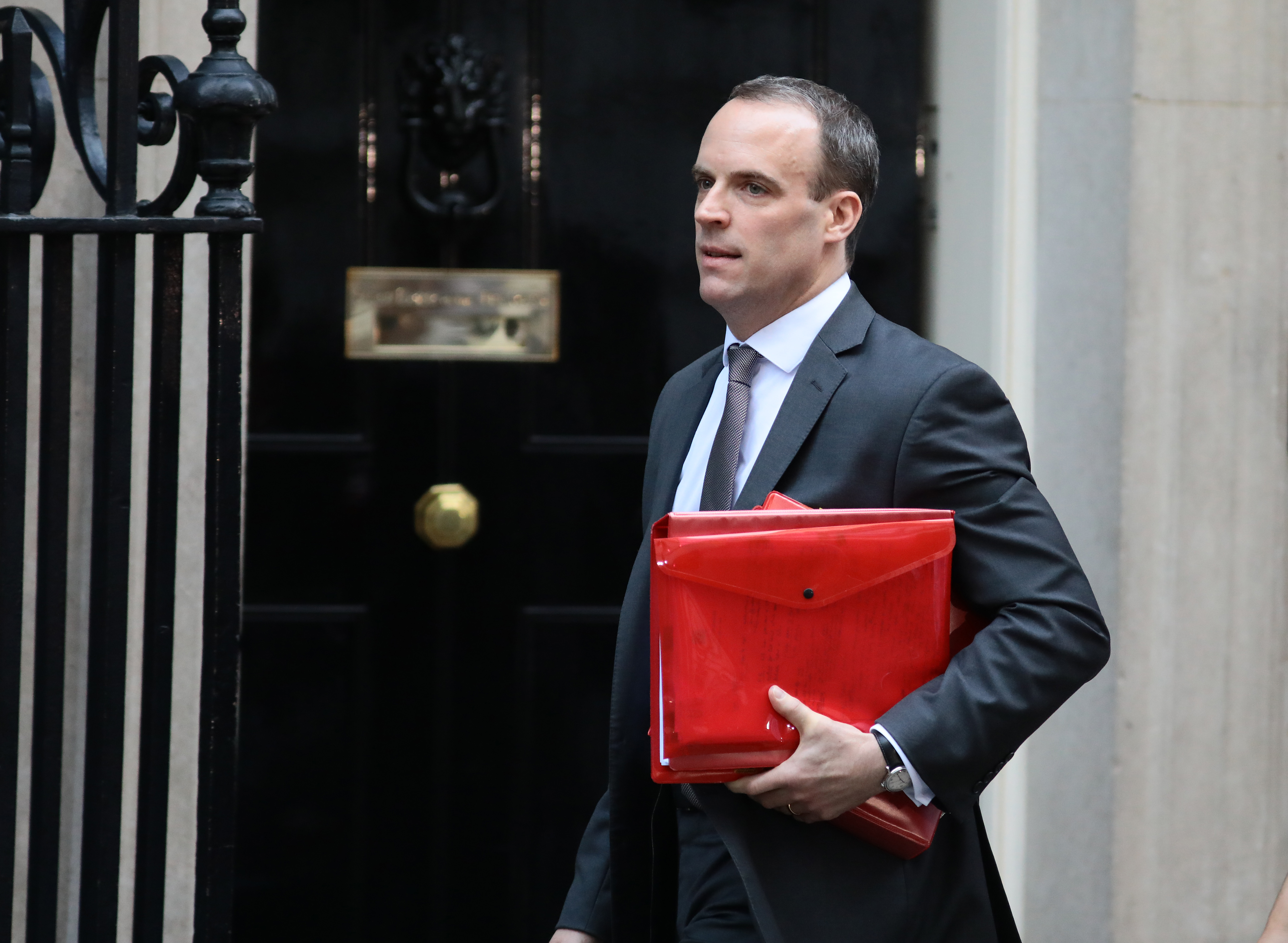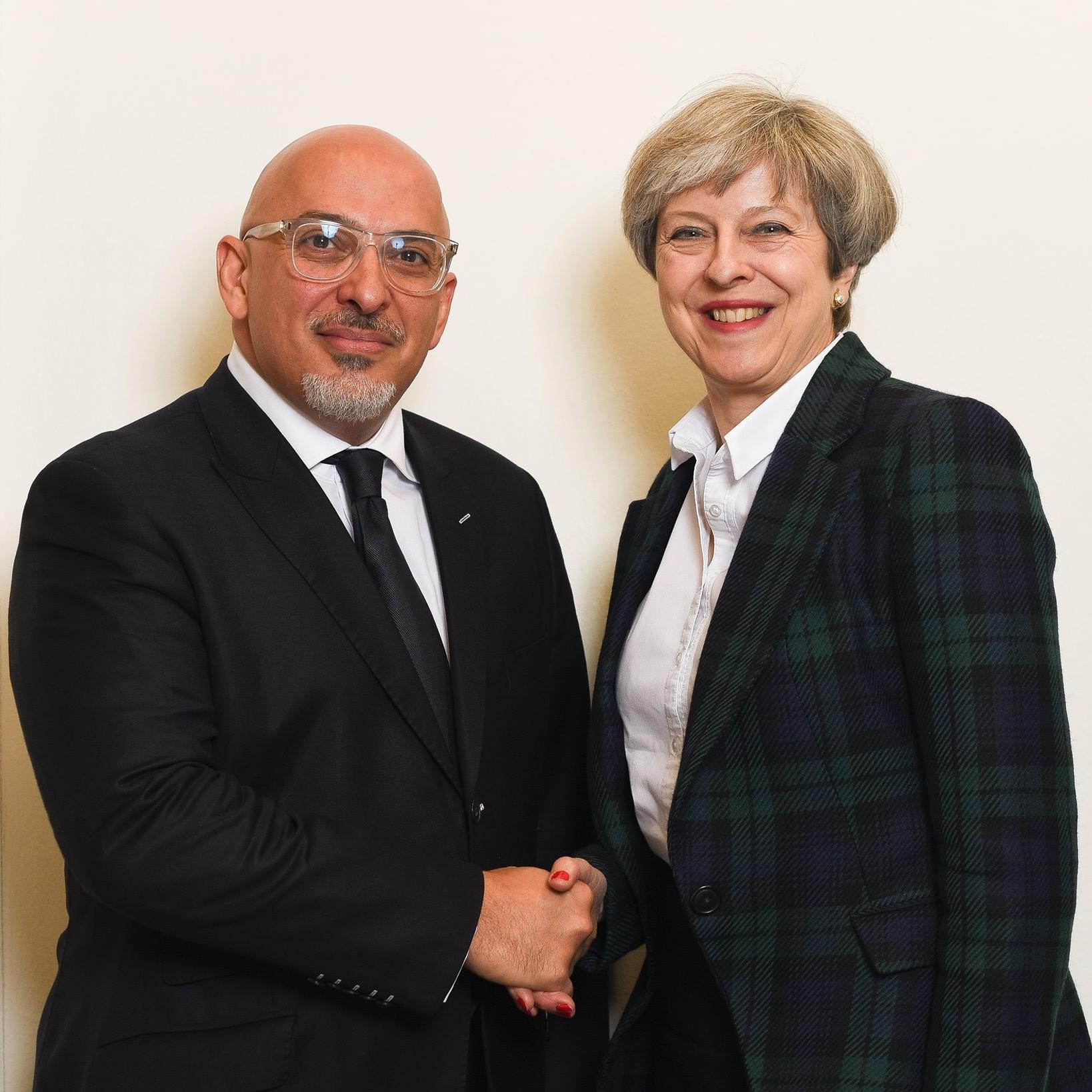Boris Johnson’s reshuffled cabinet has a sorry record when it comes to LGBT+ rights

Prime minister Boris Johnson pictured in Scotland on 4 August 2021 (James Glossop/AFP/Getty)
With Boris Johnson seemingly putting his ducks in a row ahead of the next general election with a cabinet reshuffle, we look at their LGBT+ rights records.
On Wednesday (15 September), the prime minister began a “ruthless” reshuffle, building on his last cabinet which was deemed the “most anti-human rights” in decades.
At the time of publication not a single out LGBT+ person holds a senior role, while several key ministers with anti-LGBT+ records have been rewarded with high profile posts.
This includes Liz Truss, who’s been promoted to foreign secretary. She also retains her brief as minister for women and equalities despite a disastrous period that has been condemned by scores of activists, trade unions, and even the government’s own LGBT Advisory Panel.
The Panel was eventually disbanded after several members quit, accusing the Conservatives of creating a “hostile environment” for LGBT+ people. One member disclosed that Truss and her fellow equalities minister Kemi Badenoch “are known among the community as the ‘ministers for inequality’.”
Part of this is down to Truss’ Equalities Office scrapping all plans to reform the “dehumanising” gender recognition process, despite polling showing that the majority of the British public supports reform.
Truss has also indicated the government may be dropping its long-promised LGBT Action Plan, saying that delivering the pledges laid out in 2018 was no longer a “priority”.
She replaces Dominic Raab who has been demoted to justice secretary, a role which gives him responsibility for a review of the Human Rights Act. In the past Raab has argued vociferously for scrapping this key legislation.
Raab’s position on LGBT+ rights is a mixed bag: while he did vote in favour of same-sex marriage, he was absent for the vote on marriage equality in Northern Ireland and wanted to protect churches who were opposed to conducting ceremonies.
During his short-lived attempt to become Tory leader he said he wanted a society which is “tolerant and warm” to the LGBT+ community, but not one which allows transgender children to transition easily.
“I certainly don’t think I want to make it easier [for a young person to transition],” he told the Independent. “I think you need to be very careful with people of that age.”
As foreign secretary Raab actively sought trade deals with countries that commit human rights abuses, saying he refused to be “restricted” by the standards of the European Court of Human Rights.
Then there’s Michael Gove, whose history of vile homophobic, racist and sexist remarks was recently unearthed in a series of shocking audio recordings.
In speeches at the Cambridge Union in his twenties he openly used a derogatory slur for a Black person, saying: “It may be moral to keep an empire because the fuzzy-wuzzies can’t look after themselves.”
He later described gay economist John Maynard Keynes as a “homosexualist,” adding: “Many of us are familiar with the fact that homosexuals thrive primarily on short-term relations.”
Bizarrely, he went on: “Those of us who’ve spent hours in New York bathhouses will realise that in one night you can pack in 15 loving relationships and 300 one-night stands, and still be none the worse for wear.” Gove has not responded to multiple comment requests from PinkNews.

Michael Gove made sexist, racist and homophobic comments, as well as jokes about paedophilia. (NurPhoto via Getty/ David Cliff)
According to defence secretary Ben Wallace, Gove is “not racist or homophobic in any way,” but his endorsement isn’t entirely reassuring given Wallace’s own anti-LGBT+ voting record.
The man in charge of the UK’s defence and army has voted against every piece of LGBT+ legislation put in front of him, including the Equality Act and same-sex marriage.
He also voted in favour of the Human Fertilisation and Embryology Bill, which would’ve made it harder for lesbian couples to conceive children through IVF, had it passed.
Among the lesser-known faces joining the new cabinet is Nigel Adams, who’s been rewarded with the role of minister without portfolio.
He voted against marriage equality in 2013, something he said he “deeply regrets” in 2016.
“If I had the opportunity to vote again, I’d vote differently,” he said in parliament – yet remained absent for all further votes on the issue in 2014 and 2019.
Fellow newcomer Simon Clarke, chief secretary to the Treasury, voted against legalising same-sex marriage in Northern Ireland – twice.
When challenged on this he claimed he supported equal marriage, but chose to vote against it because “it is not for English MPs to impose issues of conscience on the people of Northern Ireland”.
Notable exceptions include education minister Nadhim Zahawi, who’s backed LGBT+ rights at least as early as 2012. “Having a fabric of society that is held together by stronger relationships is a Conservative value,” he told BBC Radio 5 Live ahead of the marriage equality vote.
The same is true of new home office and justice minister Kit Malthouse, who also has a mixed record on equality and human rights. He wasn’t an MP during the marriage equality vote in 2013 but said he’d have voted in favour if he were; he made good on this in 2019 when he backed same-sex marriage in Northern Ireland.
Sadly the same can’t be said for Nadine Dorries, who has inexplicably been named as the UK’s culture secretary.
The woman who supposedly has her finger on the UK’s cultural pulse repeatedly voted against same-sex marriage and once compared it to incest.
“If gay marriage bill takes sex out of marriage could a sister marry a sister to avoid inheritance tax?” she told parliament in 2013.
In further confused comments she argued: “The definition of marriage and the definition of sex is for ordinary and complete sex to have taken place. Same-sex couples cannot meet this requirement.”
Dorries says she now supports same-sex marriage and regrets having voted the way she did, but she also said she was “pro gay marriage” in 2012, before voting against it twice the next year.
She has also repeatedly criticised the BBC, which now comes under her responsibilities as a minister. In 2020 she complained it “favour[s] strident, very left wing, often hypocritical and frequently patronising views that turn people away.”
The sorry situation was summed up by former minister Anna Soubry, who tweeted: “The appointment of Nadine Dorries as culture secretary is final confirmation (if you needed it) that we do indeed have the worst prime minister and government ever. Ever.”
The appointment of Nadine Dorries as Culture Secretary is final confirmation (if you needed it) that we do indeed have the worst Prime Minister and Govt ever. Ever.
— Anna Soubry (@Anna_Soubry) September 15, 2021



